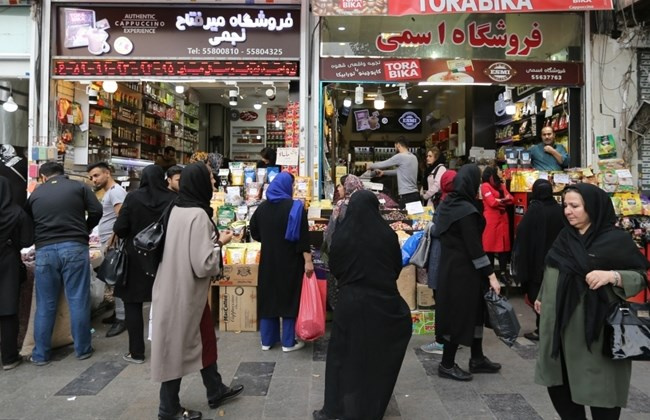SPV does not have the requisite mechanism to overcome U.S. opposition: Nader Entessar

Nader Entessar, professor emeritus of political science from university of South Alabama still insists that the SPV is a hollow shell and does not have the requisite mechanism to overcome U.S. opposition.
Following is the full text of his interview:
Q: How successful do you see the anti-Iran U.S. organized meeting in Poland?
A: The success of the Warsaw meeting will depend on a number of factors. The full agenda of the meeting is not yet available. We don't know at what level the participating countries will be represented. What we do know is that the U.S. intends to turn the meeting into an anti-Iran forum, and the U.S. Secretary of State Mike Pompeo will do his utmost to browbeat the participating countries into following the U.S. line on Iran.
Q: Why Poland is chosen by the U.S. to host the meeting?
A: Several countries in the former Soviet bloc in Eastern Europe are now firmly in the U.S. camp, and Poland today almost always follows Washington's leads in world affairs. The meeting's venue could have easily been another Eastern European country like Hungary or the Czech Republic. But Poland is a safe country for Washington, especially under its current right-of-center government and its strong pro-U.S. leaning.
Q: It is said that John Bolton has asked Pentagon to prepare a plan for striking Iran? How serious it is? Isn’t it a psychological war against Iran?
A: For many years now, John Bolton has been a leading proponent of war against Iran. He was a pro-war neocon before his current position in the Trump administration, and he will remain a pro-war advocate when he is no longer in power. In other words, Bolton has been very consistent in his policy towards Iran and asking the Pentagon to prepare a plan for military strikes against Iran is in line with his publicly-stated views on Iran. Those who dismiss Bolton's war-making agenda as simply a psychological ploy do so at their own risk.
Q: Will the EU be able to make operational the SPV (special purpose vehicle) despite the U.S. opposition?
A: I never took the EU's SPV offer very seriously when it was first proposed, and I remain more skeptical about its success today than when it was first proposed. The SPV is a hollow shell and does not have the requisite mechanism to overcome U.S. opposition. The EU simply does not have the wherewithal to bypass U.S. sanctions on Iran. The SPV was just another pie in the sky project the EU had come up with to assuage Iran's concerns, knowing well that the scheme was not going to deliver much.
Q: How do you see the future of the JCPOA if the EU fails to make SPV operational?
A: First, as I mentioned in my previous answer, the SPV is not structured in a way to overcome U.S. opposition to the EU-Iran trade, nor are the Europeans eager to alienate the U.S. by bypassing Washington's regulations. Secondly, the JCPOA, as it was drafted and structured, could have never worked without the U.S. participation. In reality, the only party to the JCPOA that is still fulfilling its obligations is Iran. The other parties to this nuclear agreement have jumped ship to a varying degree. To be sure, the EU still pays lip service to the JCPOA and continues to encourage Iran not to jettison the JCPOA. This posture is not a surprise because the Europeans are getting everything they wanted from Iran without feeling obligated to fulfill their part of the agreement. As I have stated many times in the past, the EU is a fractious entity whose member states suffer from social, political and economic malaise today, and the bloc is generally subservient to Washington's policies towards Tehran.
Q: Can Iran's economic transactions and operations with other JCPOA signatories Russia and China materialize Iran's goals under JCPOA?
A: Iran can continue its economic transactions with China and Russia, but these two countries are also affected by U.S. sanctions on Iran. They have more room to maneuver around U.S. sanctions, but they are not entirely free to ignore them. This is especially true in the case of China whose economy is heavily impacted by its relations with the United States. In short, neither Russia nor China is going to compensate for the role that the other signatories to the JCPOA were supposed to play.
Source: Tehran Times

